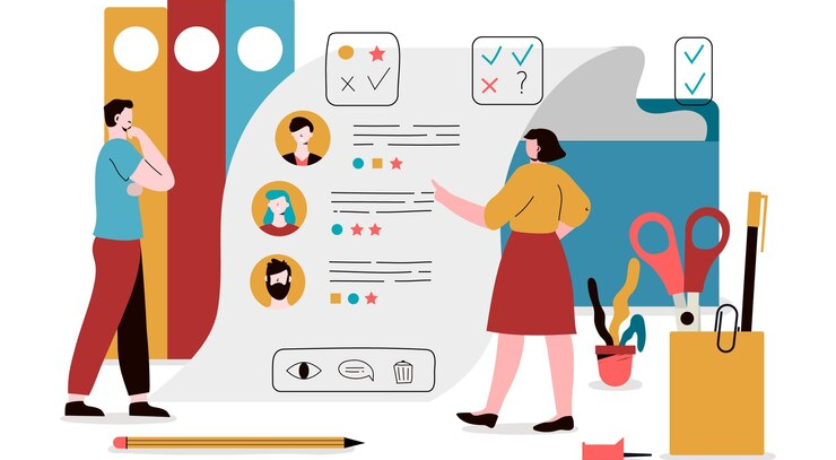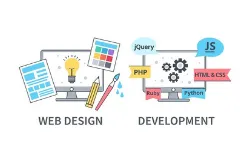What Are The 7 Functions Of HR?
The delicate and complex thread known as HR strands is what connects the company's objectives with employee performance to make a more cohesive whole. The employment relationship of an organization begins with recruiting and goes all the way to retirement, and HR functions are so diverse that HR helps shape and sustain every employee as well as the enterprises.
Seven crucial functions that HR performs are essential for the flourishing of an organization.
Recruitment and Selection:
In every successful company, people are the key factor. It is that team of highly selected and willing people, who, with dedication, can carry out the main mission of the business. Human resource individuals are in charge of the recruitment, offering, blank spaces, advertisements, and interviewing procedures to sell jobs and negotiate job offers. HR department facilitates the identification of the competencies of candidates and checks it with organizational goals to allow the new hires to have a smooth entry into the company’s network.
Training and Development:
In the dynamically changing business environment today, professional growth is not longer a privilege but a matter of survival. HR divisions develop programs meant to improve the skill sets of employees, providing them with new knowledge, and educating them basically on the various aspects of work. Learning through workshops, seminars, or e-learning not only supports employees with a positive work culture but also provides them with the instruments to keep pace with emerging problems that are typical for the sector.
Performance Management:
Effective performance management is not just about yearly assessments; it is an on-going dialogue between employees and managers that is built on identifying the areas of continual improvement and performing to globally high standards. When they come up with performance metrics, provide feedback based on your own experience, and facilitate the goal-setting processes, HR specialists make sure that strategy is followed.
Compensation and Benefits:
Paying qualified people well is the key to hiring the right people, keeping them, and engaging them. HR professionals do the market analysis to benchmark the salary of the candidate and design inclusive the benefits packages that respond to the employee's choice. Starting from the traditional healthcare benefits and retirement plan and to the practice of using performance-based incentives in strategic compensation practices, employee satisfaction could be not only enhanced but also partially responsible for overall organizational competitiveness.
Employee Relations:
An absolutely right work environment that is characterized by harmony is what makes it possible for companies to thrive by cultivating collaboration, imagination, and creativity. HR has the role of a mediator when there are conflicting relations, displeasure, and better employee relations where all employees are treated well. HR work plays a crucial role in this process as it creates channels of open communication and puts in place policies that practice fairness and respect.
Compliance and Legal Obligations:
Managing the intricate web of labor regulations, rules, and systems doesn't seem to be engaging for any company. HR officers are responsible for the full observance of the relevant legislative acts regarding labor relations, equal employment opportunities, workplace safety, and many others. The HR keep themselves abreast with regulatory changes and implement robust compliance methodologies that, in turn, reduce the risk of exposure to legal issues and protect organization from reputational damage.
Strategic Planning and Organizational Development:
As preservers of human capital, HR departments play a key role in a company! They are strategic partners that aid the growth and innovation of an organization. According to HR analyses, profit and company progress are the results of HR’s initiatives following a corporate plan which in turn guarantees the sustainability and the competitiveness of the company. The organization cannot live even a single day without the HR department because it is the mother of strategic succession planning, workforce forecasting, organization restructuring, and change management which constitutes the direction of the business in the future.
With Apponix Academy, individuals can turn their dreams into reality by gaining the necessary skills to take on some of the most important roles in Human Resources. Through its broad-based courses and practice teaching modules, Apponix ensures that learners get all the knowledge, resources, and skills that can enable them to be successful employees in the ever-changing field of Human resources. Skilled professionals with practical insights and practical learning opportunities train students, not only in the development of skills but also in cultivating an environment of continuous improvement and professional excellence in the Human Resource area.







